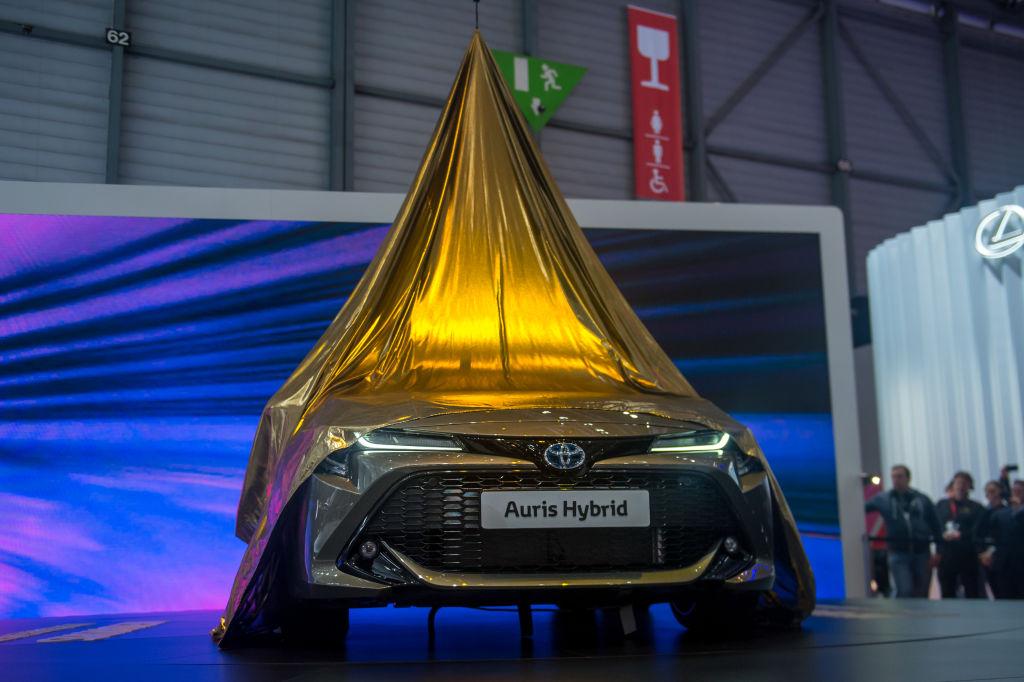Hybrid vehicles surpassed petrol cars in the European Union market for the first time, according to data from Europe’s auto industry body.
In research published on Oct. 22, the European Automobile Manufacturers Association (ACEA) stated that total car sales in the bloc in September fell by 6.1 percent from the previous year, as major markets Germany, France, and Italy continue to stagnate.





